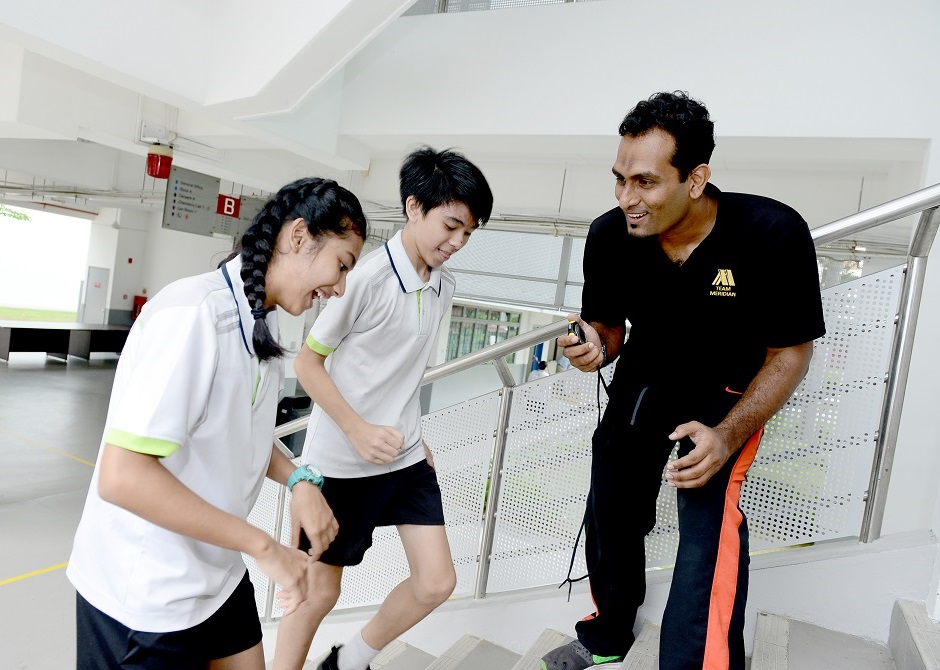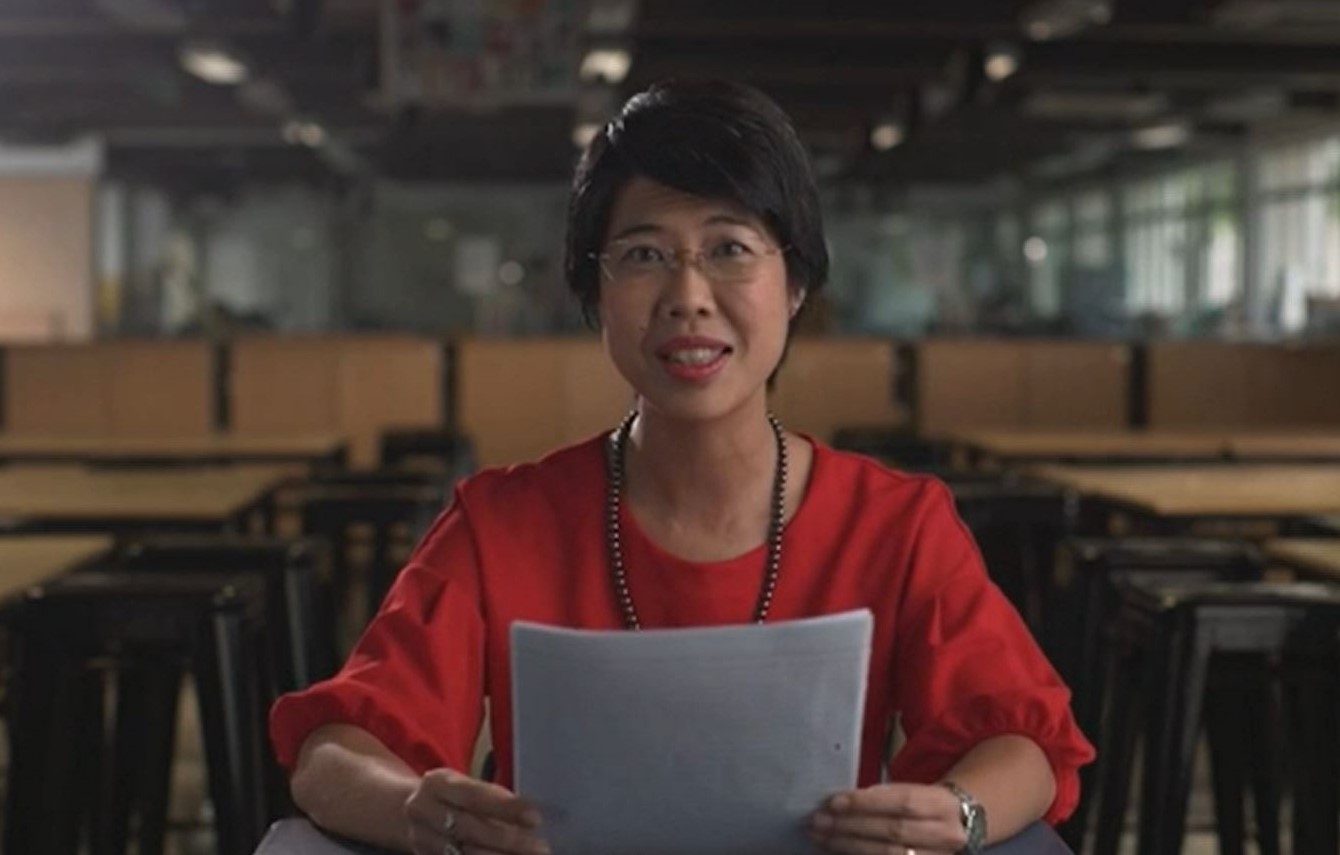Muhammad Khaliq, Meridian Secondary School, Outstanding Youth in Education Award 2018 Recipient.
Caught up in the paper chase
As the eldest in my family, I felt I had to be the role model of academic success. However, I did poorly in the Primary School Leaving Examination (PSLE), and was unable to get into any of the secondary schools of my choice.
So in secondary school, I gave my best in every single subject, and competed with my classmates to be the top scorer for all my tests. I believed, at the time, that life was about the survival of the fittest, and there could be only one path to success. I had to get good O-level results, go to a junior college, then university, graduate and hold a well-paying job.
With my determination, I indeed fared better in secondary school, but I had no clear idea of what my passion or interests were. I was discontented. Nonetheless, slowly, I began to step out of my comfort zone. Despite being adept in football, I took up rugby as my co-curricular activity.
When I was bored at home, I gathered items to create contraptions that were able to trigger the domino effect. Many years later, I learned that such contraptions are called Rube Goldberg machines.
My creative pursuits were undiscovered in school. Today, as a teacher, I aspire to be a guiding light and work to uncover students’ potential, through designing engaging lessons that teach soft skills.
Teaching values and life skills
I strongly believe in starting the class right. The first five minutes of each lesson are used to set the tone for the rest of the lesson. I will share nuggets of information that will enthuse my students and capture their attention, such as a recent football match, or the iLight exhibition at Marina Bay, or my determination to play football again despite my injuries and two knee surgeries.
Once, after a briefing on school discipline, I took time to explain the rationale of school rules to one of my classes even though it was time for their Science lesson. My students appreciate my efforts to bond with them and are comfortable to share their problems with me.
When I became my school’s Subject Head of Student Management, I worked with my Head of Department to develop a programme to engage students with motivational and behavioural issues. We hoped to encourage them to do their best, beginning with after-school sports activities like floorball and futsal. We printed t-shirts with the name of the programme, “STRIVERS”, and students wore these with pride. After each session, they would surface to us issues they were facing, knowing that they were in a safe and supportive environment to share their growing pains.
Over time, participants began to encourage one another to do better, to come to school, and to behave well in class. Within a year, my colleagues started to see positive changes in the ‘STRIVERS’. Besides improvements in their attendance and behaviour, they even began to positively influence others beyond the group.
I now lead a team of like-minded teachers to plan after-school activities that prepare Normal Technical (NT) Stream students for life in our volatile and complex 21st century world. Through the Meridian Lighthouse Programme (MLP), each level of students focuses on different skills over 15 sessions, working towards a major activity at the end of the year.
Secondary 2 NT students, for example, have the chance to learn and practise skills such as map reading and currency conversion as they prepare to climb Gunung Lambak in Johor with their peers and teachers. They also appreciate how Geography, Mathematics, Computer Application, and English Language could be applied to daily life.
Aside from this climb, we also organise other exciting activities such as a round-island “Amazing Race” for Secondary 1 NT students, a two-day adventure trip to an organic eco-rice farm for the Secondary 3 NT, and a trek to Gunung Pulai in Johor for the Secondary 4 NT.
Different forms of success
The programmes being implemented certainly have a positive impact on my school, and I derive great satisfaction from seeing the achievements of my students. When I look at them, I recall how narrow-minded my definition of success used to be. Now, I know better.
Success is seeing a student from a difficult family background pass her examination and further her studies. Success is when your student bids you a fond farewell after your last lesson for the year, lamenting how he would miss your Science lessons. Success is when students with disciplinary issues visit you on Teachers’ Day and reminisce about the times you spent with them in class. Success is seeing the joy in students’ faces every day as they attend school and greet you along the corridor when you do not even teach them.
Success is not the same for everyone but all teachers are the lighthouses that guide students to conquer challenges and find their own paths.






